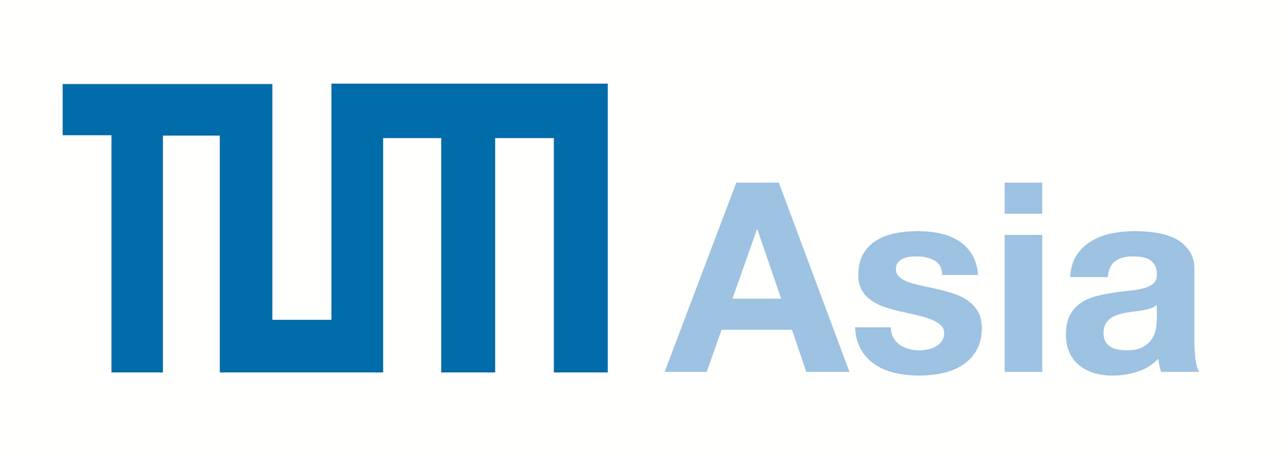Working With A Leader In The Industry

Do you have what it takes to work in the semiconductor industry? We speak to our graduate, Shilpa Kumar, to find out about working with Marvell Semiconductor, as well as to her supervisor at Marvell on what it takes to succeed in an engineering career.
Q: Hi Shilpa, how is it like having graduated from TUM Asia and now being out in the workforce?
Shilpa: It was a wonderful experience to graduate from TUM Asia. The most interesting part of my program was being taught by top notch professors from both TUM and NTU. The professors were approachable and welcomed doubts always. My classmates took the learning experience to the next level; we were always ready to solve difficult topics and questions together. The coursework coupled with the industrial internship has moulded me to start a perfect career in Integrated Circuit (IC) Design.
Q: Can you tell us more about working at Marvell Semiconductor?
Shilpa: Being a part of Marvell Technology Group, a leader in the semiconductor industry, has made me realise that learning never stops. It has been an interesting experience to be in one the most vibrant teams working on cutting edge technologies for storage products. Even though I was a fresh engineer, I had the opportunity to contribute to a few tape-outs which was an enormous learning experience. It is a friendly atmosphere to work in and has been a great place to start my career.
Q: There is significantly difference between the number of female and male engineers in this field of work. What made you consider a career in engineering?
Shilpa: Engineering is an ubiquitous part of contemporary life. I feel lucky that I was born in this generation that has seen rapid growth in science and technology. The passion to understand and create new things inspired me to choose a career in engineering. Choosing the right career can mean the difference between being satisfied and being disappointed with one’s life.
Q: Hi Mr. Chan, how has Shilpa contributed to the values and goals of the Marvell organization?
Mr. Chan: Shilpa has been a great help to our team. As the top graduate from TUM, she has very strong foundation in her academics. She was able to contribute very quickly after coming on board. She helped to perform numerous simulations on our new analog circuit blocks. She has to think of various test scenarios to verify the correctness of the design. In some cases, her simulations have helped us discover flaws in our designs. This is critical because any hidden issues discovered after chip fabrication would set us back by a couple of months and this could jeopardise our program. She has also worked on the bench characterization of the new chips, which she has participated in since joining us. She showed great interest in both lab and design work.
Q: Engineering jobs have always been in demand despite good or bad economic conditions, as well as rapidly changing landscapes. Is engineering a constant?
Mr. Chan: Engineers play an important role in the development of a society and a country. A large pool of engineers and researchers are necessary for a country like Singapore because we aspire to succeed in the fore-front of technology, be it in the area of green energy, microelectronics, IC Design, aerospace engineering and many other exciting fields of engineering. As such, engineers are always in demand in Singapore.
Q: It is great to know that Shilpa has contributed to the team. How would you rate the quality of the TUM Asia Masters programme?
Mr. Chan: The 18-month Masters program in TUM has a good balance between classroom coursework and the practical 6-month long internship. Graduates from TUM take this internship very seriously. One key difference is that in TUM, the students have to complete a Masters thesis during their internship and through this thesis, the stronger graduates will shine through. Another aspect is that some of the TUM graduates have some working experience in the field of interest prior to starting their course. I think these graduates in particular, have strong conviction in pursuing a career in their chosen field.
–
The August 2017 intake for the Master of Science in Integrated Circuit Design is now open.
Find out more about the programme here>>




















